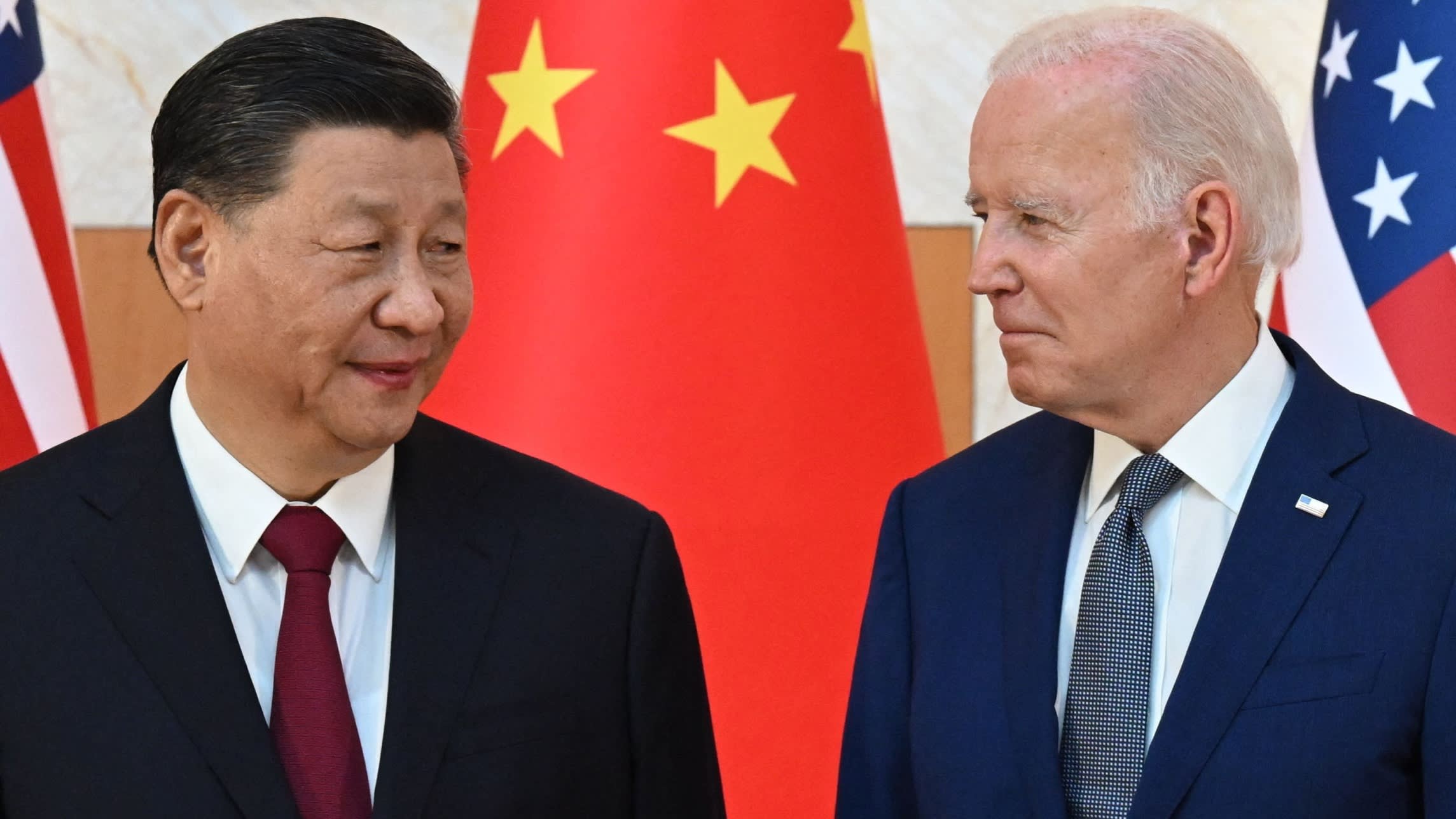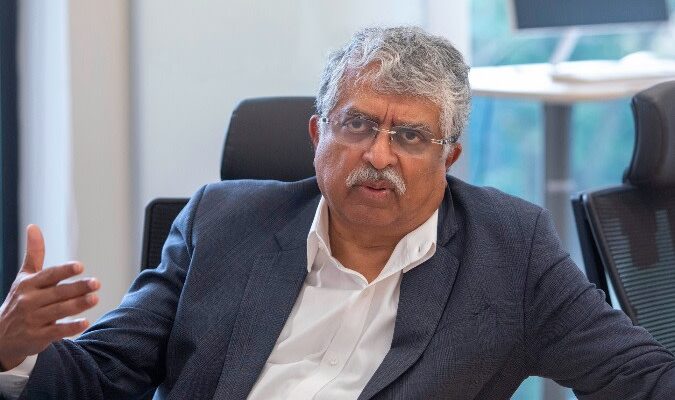
China has responded with outrage after US president Joe Biden called his counterpart Xi Jinping a “dictator”, in a row that threatens to derail nascent attempts to reach a truce in their deteriorating relationship.
China’s foreign ministry described as “extremely absurd and irresponsible” the remarks from Biden — which came just a day after US secretary of state Antony Blinken visited the Chinese leader in Beijing in a bid to restore dialogue.
The comments “seriously violate basic facts, diplomatic protocols and China’s political dignity”, China’s foreign ministry said.
The US president told a campaign fundraising gathering in California on Tuesday evening that Xi had not known about an alleged spy balloon that flew over the US early this year. The incident sparked acrimony and sent bilateral ties plunging to an all-time low.
“That’s what’s a great embarrassment for dictators, when they didn’t know what happened,” Biden told the gathering for 130 guests in a private home.
The timing of the comments is expected to anger Xi, China’s most powerful leader since Mao Zedong, who secured an unprecedented third five-year term in office in March.
Xi had only on Monday said that he saw “progress” in bilateral relations, after receiving Blinken in Beijing’s Great Hall of the People.
The US secretary of state, meanwhile, said at the end of his visit that the two countries took a “positive step” towards building “better lines of communication” to ensure “competition doesn’t veer into conflict”.
The visit followed months of plunging relations after Blinken postponed a plan for the trip following the spy balloon incident.
During the hiatus, the two countries’ warships and aircraft narrowly missed each other during manoeuvres near Taiwan and in the South China Sea, raising the prospect that their differences could escalate into a military incident.
China’s foreign ministry on Wednesday said Biden’s remarks at the fundraiser were “open political provocations”.
“China is strongly dissatisfied with this and firmly opposes it,” the ministry said.
Chinese officials often complain that the US seeks dialogue but then engages in actions they regard as provocative, such as the introduction of new tech export controls or inflammatory rhetoric.
Washington, on the other hand, has stressed the importance of maintaining open channels of discussion no matter what their differences.
Xi came to power in 2012 and immediately launched an anti-corruption campaign that has swept up many of his rivals. During a Communist party congress last year, he secured his third term as general secretary and filled the organisation’s ruling body with party loyalists.
In March, the nearly 3,000 members of China’s rubber stamp parliament, the National People’s Congress, unanimously elected him as president. He was the sole candidate.
In another threat to the delicate truce with Beijing, Blinken said this week he had also raised concerns with China about alleged electronic spying facilities in Cuba.
The Wall Street Journal recently reported that Beijing and Havana had reached a tentative deal for a new electronic eavesdropping facility in Cuba, roughly 350km from Florida.
The Biden administration initially disputed the report but later disclosed that China had been conducting electronic espionage from Cuba since at least 2019.
With additional reporting by Nian Liu in Beijing and Thomas Hale in Shanghai


